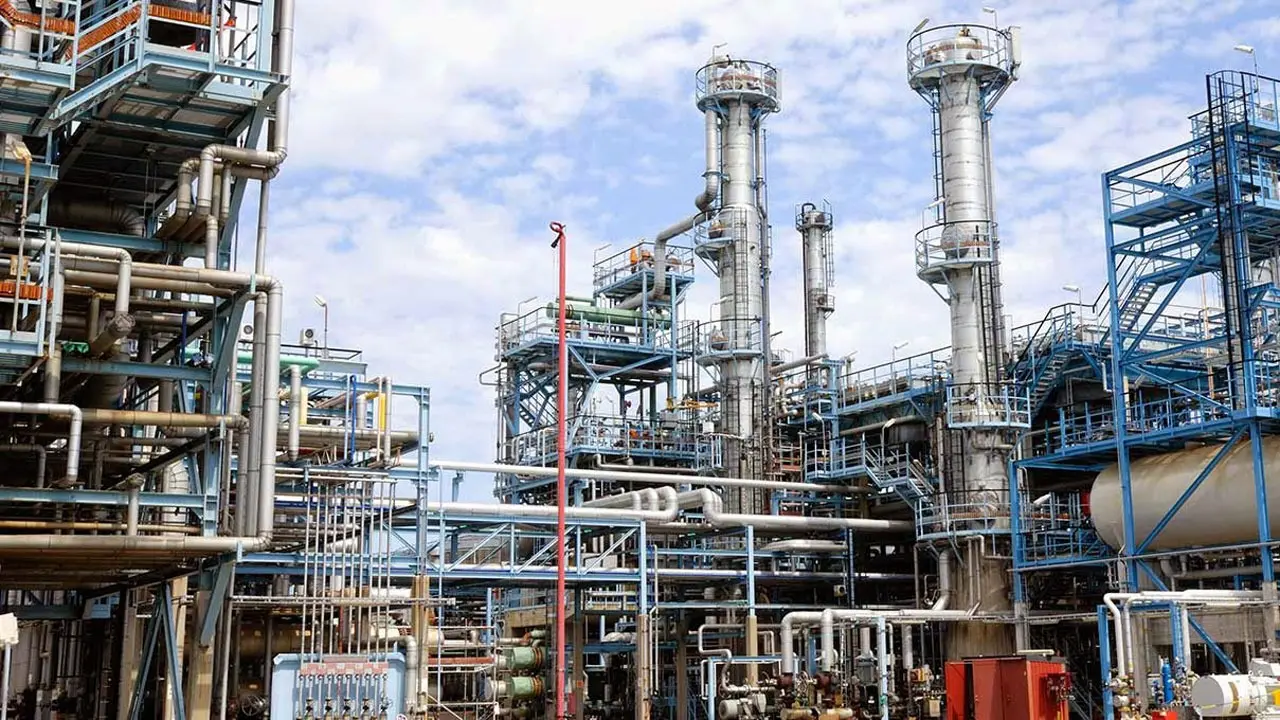The prolonged delay in completing the Port Harcourt refinery is more than a missed deadline—it highlights a persistent issue of inefficiency in Nigeria’s critical infrastructure projects. Two months past the September 2024 completion target, the Nigerian National Petroleum Company Limited (NNPC) admits the refinery remains far from operational.
Olufemi Soneye, NNPC’s Chief Corporate Communications Officer, attributed the delays to unforeseen risks and challenges that disrupted the rehabilitation process. Though work has resumed and the commissioning of critical equipment is underway, the company remains silent on a new completion date.
This uncertainty fuels public frustration. Nigerians hoped the refinery would ease the burden of rising fuel prices by reducing reliance on costly imports. Instead, the country continues to spend billions importing petroleum products, with the NNPC and marketers bringing in over two billion liters of petrol between October and November 2024.
The implications are far-reaching. High fuel prices have crippled businesses, strained household incomes, and deepened poverty. Many Nigerians wonder why a project financed by a $1.5 billion loan secured in 2021 is still stalled after seven missed deadlines.
Related posts: Niger Delta Youths Demand Answers Over NNPCL’s Unfulfilled Promises on Port Harcourt Refinery
Niger Delta Lawyers Threaten Action if Port Harcourt Refinery Stays Shut
Beyond economic concerns, the delay exposes a lack of accountability in managing public resources. Critics argue that the government’s approach to critical projects often prioritizes short-term fixes over sustainable solutions. Legal advocate Femi Falana and other stakeholders have repeatedly demanded transparency from the NNPC, yet answers remain elusive.
Meanwhile, local refiners call for policy changes. They argue that limiting import licenses would encourage investment in domestic refining, boosting local capacity and creating jobs. The current reliance on imports, they say, undermines efforts to strengthen Nigeria’s energy independence.
The Port Harcourt refinery’s rehabilitation was supposed to symbolize progress, a step toward self-reliance in a country with vast oil reserves. Instead, it mirrors systemic failures in project execution, where bureaucracy, mismanagement, and unclear timelines dominate.
For ordinary Nigerians, the delay is more than a technical setback—it’s a reflection of governance challenges. Families continue to pay the price, enduring high transportation costs and reduced purchasing power. Small businesses struggle to survive as operational expenses soar.
As commissioning activities progress, the government must address the root causes of these delays. Transparent communication, accountability, and a commitment to meeting deadlines are essential. The Port Harcourt refinery should not be another tale of wasted potential but a catalyst for real change in Nigeria’s energy sector.
Until then, Nigerians remain skeptical, waiting for the day promises turn into tangible results. The question lingers: how many more missed deadlines will it take to realize the refinery’s completion?




